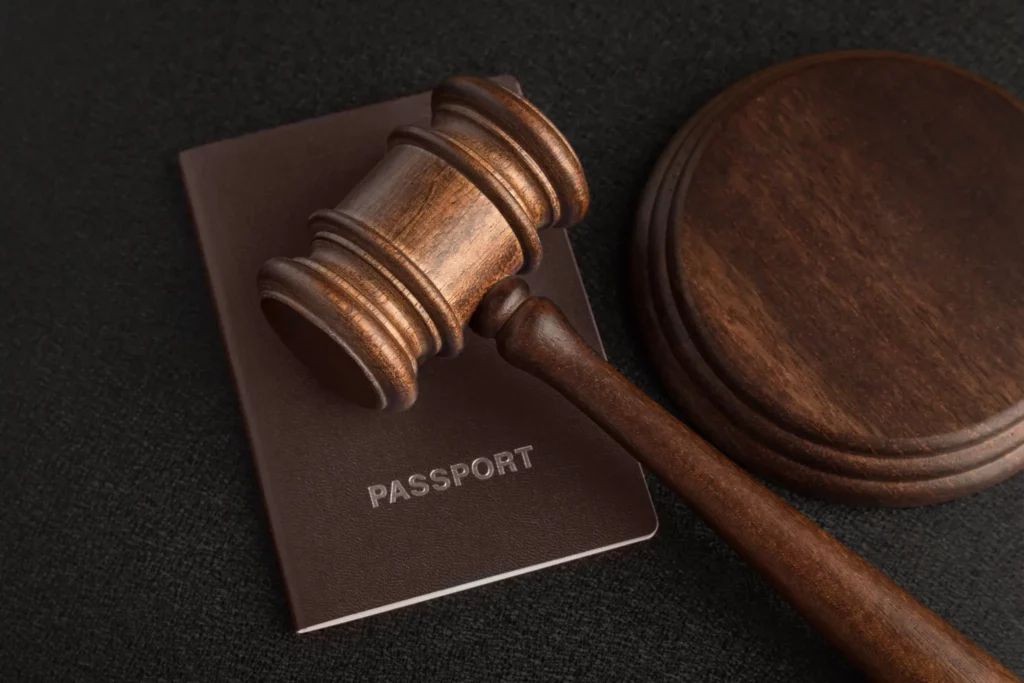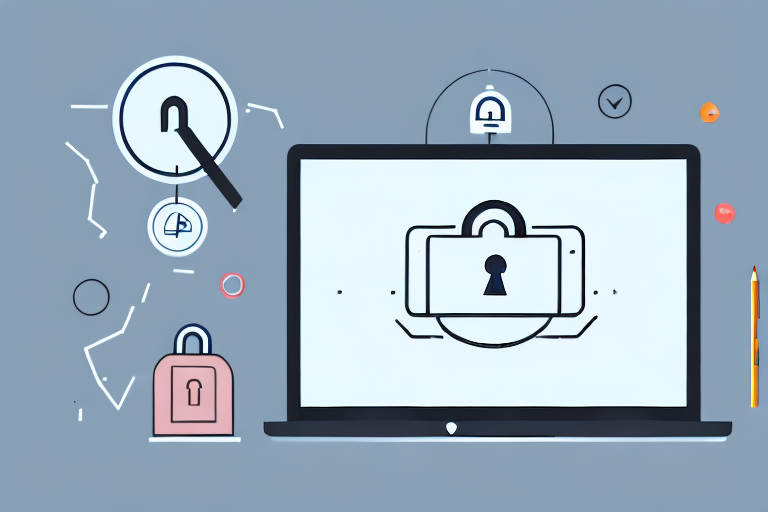Death is never an easy topic to think about, let alone plan for. But preparing for the inevitable is one of the most meaningful acts of care we can offer our loved ones. One key way to do that is by writing a will—a document that legally ensures your wishes are followed after you’re gone.
In Australia, creating a legally valid will isn’t as complex or expensive as many people fear. In fact, it can be a relatively straightforward process—especially when you understand the essential steps involved.
In this guide, we’ll walk through everything you need to know to write a valid will in Australia, including why it’s important, what happens if you don’t have one, and how to make sure yours reflects your true intentions.
What Is a Will?
A will is a legal document that sets out how you want your assets—like money, property, and possessions—to be distributed when you pass away. It also allows you to name a guardian for your minor children, choose an executor to manage your estate, and even leave specific items or gifts to people or organisations.
In essence, your will is your final voice. It ensures that your legacy is protected and that those you love are looked after.
Why Writing a Will Is So Important—No Matter Your Age
There’s a widespread belief that wills are only for older people or those with vast wealth. But this couldn’t be further from the truth. Whether you’re 25 or 55, if you have assets, children, or simply a wish to have a say in what happens after your passing, you need a will.
Consider this:
Emma, 33, owned a car, a small savings account, and had just purchased an apartment with her partner. She didn’t think a will was necessary yet. But after a sudden illness, her family was left scrambling. Without a clear legal document, there was confusion, legal delays, and avoidable emotional strain.
A will doesn’t have to be complicated. Even a simple one can bring enormous peace of mind—to you and those you care about.
What Happens If You Die Without a Will in Australia?
Dying without a will is called intestacy, and it means the law decides who gets what, regardless of your personal wishes.
In Australia, each state and territory has its own intestacy rules. Generally, the order of distribution goes something like this: spouse or de facto partner, then children, parents, siblings, and so on. But it’s not always that simple.
Problems that may arise:
- Your unmarried partner may receive nothing
- Your children could end up in a custody battle
- Family disagreements may erupt
- Your estate could take years to finalise
Having a legal will helps prevent these issues. It’s your chance to make sure your assets go where you want, and your loved ones are protected.
See more: Smooth Transitions: Expert Insights into Hassle-Free Conveyancing
Steps to Write a Legally Valid Will in Australia
Writing a will might sound intimidating, but with a bit of guidance, it’s easier than you think. Here’s how to ensure your will is legally valid in Australia:
1. Start with a Clear Intention
You must be of sound mind and make the will voluntarily. This means you understand what you’re doing and aren’t under pressure from anyone.
2. Put It in Writing
In Australia, your will must be in writing—either handwritten or typed. Verbal wills or video recordings alone aren’t considered legally binding.
3. Include Essential Details
Make sure your will contains:
- Your full legal name and address
- A statement that it’s your last will and testament
- The name of your executor (person who will carry out your wishes)
- Clear instructions on how you want your assets distributed
- The name of a guardian for any minor children (if applicable)
- Any specific bequests (jewellery, heirlooms, donations, etc.)
4. Sign and Witness Correctly
You must sign your will in the presence of two witnesses who are:
- Over 18 years old
- Not beneficiaries of your will
- Present at the same time when you sign
They must also sign the will in your presence.
5. Store It Safely
Keep the original copy of your will in a safe place and tell your executor or a trusted family member where it is. You can also store it with your solicitor or register it with a will registry service.
Benefits of Having a Will
Creating a will offers more than legal protection. It’s a gift of certainty and clarity during one of life’s most emotionally charged times.
🏠 1. Asset Distribution
You get to decide who receives your property, money, and treasured belongings. Without a will, the law decides for you.
👨👩👧👦 2. Family Peace
When your wishes are clearly written, it reduces the chances of family conflicts or confusion.
👶 3. Guardianship of Children
You can legally nominate someone you trust to care for your kids, giving you peace of mind that they’ll be looked after by the right person.
📜 4. Control and Certainty
A legal will ensures that your wishes are respected—not just guessed. You get to protect your legacy, on your terms.
When and How Often Should You Update Your Will?
Life changes—and so should your will.
You should review and potentially update your will whenever:
- You get married or divorced
- You have a child or adopt one
- A named beneficiary or executor passes away
- Your financial situation changes significantly
- You move to a new state or country
A quick check every few years is a smart way to ensure your will still reflects your life and wishes. Remember, an outdated will can be just as problematic as having none at all.
Real-Life Scenario: The Power of a Simple Will
Let’s revisit Emma’s story—but with a different outcome.
After chatting with a lawyer friend, she decided to write a simple will using an online service. It took her just an hour. She named her partner as the executor, listed her bank accounts and assets, and even left her favourite art collection to her sister.
Sadly, when she passed, her family was devastated—but everything was handled just as she’d wanted. No court delays. No disputes. Just clarity, love, and respect for her choices.
That’s the power of a will.
Common Myths About Writing a Will
Let’s clear up a few misunderstandings:
❌ “I don’t own enough to need a will.”
If you own anything—a bank account, a car, even sentimental items—you should still have a will.
❌ “It’s too expensive or complicated.”
There are many affordable will-writing options today, including online platforms. Legal advice is great, but not always necessary for simple estates.
❌ “I’ll get around to it someday.”
Life is unpredictable. Waiting too long can lead to outcomes you’d never have wanted. The best time to write your will is now.
How to Get Started Today
If you’re ready to take the first step toward protecting your legacy, here are some options:
- Use an Online Will Service – Many trusted platforms guide you through a simple, step-by-step process.
- Hire a Solicitor or Estate Planner – Especially useful for more complex family or financial situations.
- DIY with Templates – If you choose this route, double-check that your will meets all legal requirements in your state or territory.
Whatever method you choose, make sure your will is signed, witnessed properly, and kept in a safe place.
Final Thoughts: Your Legacy Matters
The importance of a will isn’t about how much money you have. It’s about making your wishes known, caring for your loved ones, and avoiding unnecessary stress for your family during an already painful time.

Writing a will is one of the simplest, most powerful ways to take control of your future. You don’t need to wait for a certain age, income level, or life event. Every day is the right day to plan ahead.
✍️ Ready to Write Your Will?
You’ve already taken the first step by educating yourself. Now, take action. Whether you write your will online, with a lawyer, or using a template—what matters most is that you do it.
Your will is more than paperwork. It’s a lasting act of love.
Protect your legacy. Write your will.





